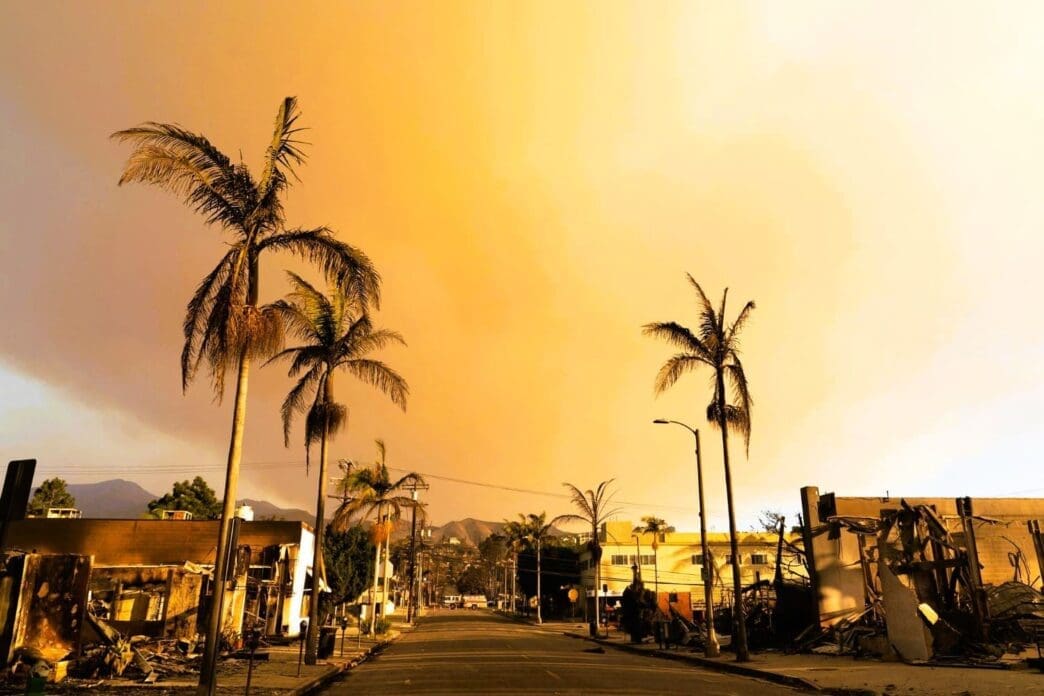Following the devastating California wildfires, many survivors face the daunting challenge of coping with mental health issues amid the chaos and loss. These natural disasters leave individuals grappling with anxiety, grief, and uncertainty about the future.
The aftermath of a disaster extends beyond physical losses, leaving survivors to contend with significant emotional and mental challenges. Many, like Kat Robinson-Malone, find themselves navigating a complex web of emotions. Recalling the loss of her Tampa home due to Hurricane Helene, she emphasizes the deep-seated grief and frustration that come with losing one’s safe space and significant financial investment. Yet, amidst the adversity, the support of friends and community members proves invaluable. Robinson-Malone highlights the importance of expressing emotions and seeking therapy or support groups to process these feelings, while also learning to let go of guilt when compared to others’ losses.
David Kessler, a grief expert, underscores the prolonged impact of disasters on mental health, noting how the aftermath of losing his childhood home in a 1969 hurricane affected him for years. He advises parents to reassure their children about their safety, acknowledging their fears while providing a sense of security and unity to navigate the upheaval jointly.
According to Roxane Cohen Silver, a psychological science professor, direct exposure to disasters can result in mental health issues such as anxiety, depression, and possibly PTSD. She stresses the sustained importance of social support, encouraging those wishing to help to allow survivors to express their needs openly. Providing tangible support like temporary housing, food, or regular communication can aid significantly.
Lauren Mott, involved in mental health counseling, warns against potentially dismissive language when offering emotional support. Instead of trying to minimize the situation, listeners should adopt phrases like ‘I’m here for you’ or ‘How can I assist?’, maintaining empathy and respect.
The long-term psychological impact is variable, with individuals manifesting signs of distress at different times post-disaster. Monitoring changes such as increased anxiety or avoidance behaviors is crucial. Self-care practices like meditation and deep breathing can help manage intense feelings, but professional intervention is necessary if symptoms interfere with daily life or escalate to severe anxiety or self-harm.
Community leaders like Rev. John Shaver, who himself endured the loss of his church and home in the wildfires, advocate for both listening to others and seeking professional aid when needed. He highlights the importance of caring for first responders who might carry guilt, legitimizing their feelings with understanding and acknowledgment.
Although the physical and emotional scars from such disasters may linger, survivors can find resilience through community support and mental health care. Addressing these psychological needs with empathy and understanding is vital for recovery.








